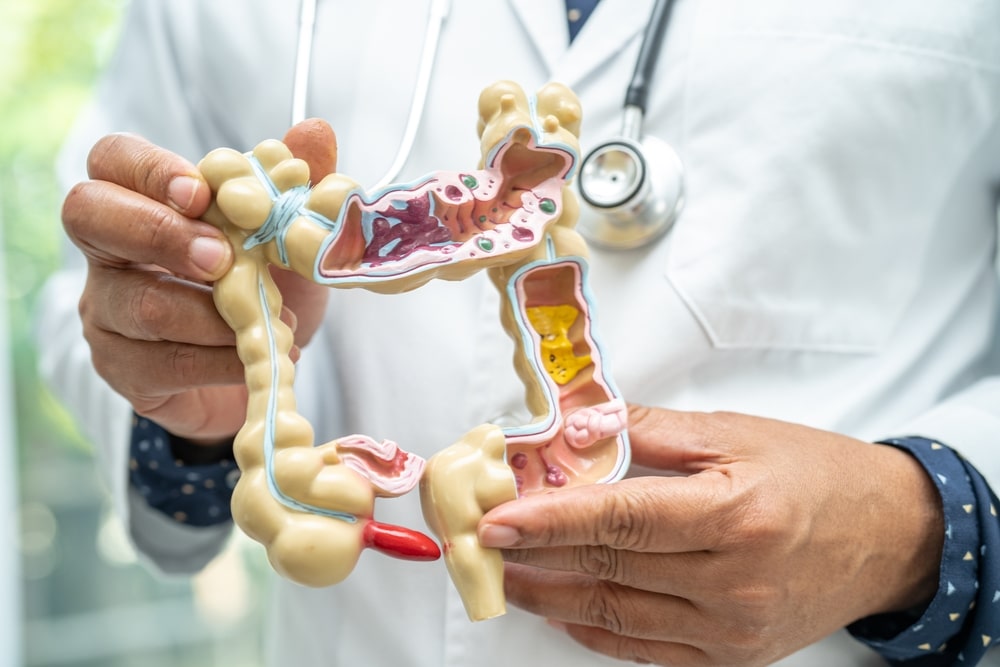Discover When Appendix Removal Is Necessary For Your Health
Most people don’t give much thought to their appendix until something goes awry with it. Suddenly, appendicitis—the inflammation of this small organ—can spur a frantic trip to the doctor and potentially lead to emergency abdominal surgery. However, it’s essential to clarify that not all appendicitis cases necessitate an operation. The medical community is currently engaged in an ongoing debate about when surgical intervention is genuinely required and when it might be appropriate to take a different approach.
Understanding the Role of the Appendix
The appendix is a narrow, finger-shaped pouch tucked away at the junction of the large intestine, nestled in the lower right side of your abdomen. For many years, health professionals viewed it primarily as a vestigial organ—a leftover from our evolutionary past that lacked any real purpose in our modern lives.
However, recent research suggests that the appendix may not be entirely purposeless. It appears to play a modest role in our immune system, especially during our formative years. Some studies propose that the appendix serves as a reservoir for good bacteria in the gut, stepping in to repopulate the digestive system after illnesses like diarrhea. While it’s still true that many people lead totally normal lives after having their appendix removed, knowing that it might help support your immune function can be reassuring.
What Is Appendicitis, Anyway?
Appendicitis typically arises when the appendix becomes blocked, often due to stool, a foreign object, or inflammation of surrounding lymphatic tissues during infections. When this occurs, bacteria start to multiply inside the appendix, leading to inflammation, swelling, and that telltale pain.
The classic symptom is a sharp pain that usually starts near your belly button and migrates to the lower right side of your abdomen. You might also experience nausea, vomiting, loss of appetite, fever, and tenderness when the area is touched. If you’re experiencing these symptoms, it’s important to seek medical attention; untreated appendicitis can lead to a rupture, spilling infectious material into your abdominal cavity. This can result in peritonitis—a serious condition requiring urgent care and more intense treatment, such as drainage and potentially antibiotics alongside surgery.
Is Surgery Always Required?
For more than a century, surgical removal of the inflamed appendix—an appendectomy—has been the go-to treatment. During this procedure, general anesthesia is employed to ensure that patients remain completely unconscious and pain-free. Anesthesiologists carefully monitor your condition throughout the process, administering a mix of IV medications and gases.
In preparation for surgery, you will typically be asked to fast for about eight hours, with the exception of sipping water. This fasting helps to mitigate potential complications, like nausea and vomiting, which can be side effects of anesthesia.
Traditionally, appendectomies were quite invasive, involving large incisions in the abdomen. Thankfully, with advancements in medicine, many of these surgeries are now performed laparoscopically, which utilizes smaller incisions, results in minimal scarring, and allows for quicker recovery times.
However, surgery isn’t the only option on the table. Some clinical trials indicate that non-surgical routes, such as treating certain cases of appendicitis with antibiotics alone, may be viable for individuals whose conditions have not progressed to rupture or abscess. Those given antibiotic treatment may have some recurrence of symptoms, leading to a potential need for surgery down the road.
Doctors typically consider various factors when discussing treatment options, such as:
- The severity and duration of your symptoms
- Imaging results from CT scans or ultrasounds
- Your overall health and age
- The likelihood of complications in case of rupture
What to Expect During and After Surgery
If surgery is necessary, the process is oftentimes straightforward. In a laparoscopic appendectomy, the surgeon will make a few small cuts to insert a camera and specialized instruments to safely remove your appendix. If your appendix has burst, you might require a more extensive operation to address any issues stemming from the infection.
Recovery time can vary, largely depending on whether or not your appendix has ruptured. For uncomplicated appendicitis, here’s what you can usually expect:
- Many patients can head home within 24 hours.
- You’ll likely return to your normal activities in one to three weeks.
- Any post-operative pain is typically mild and manageable with over-the-counter or prescribed medications.
Now, if your case is more complicated due to a rupture:
- You might stay in the hospital for several days.
- Recovery could stretch to three weeks or longer.
- Intravenous antibiotics are usually part of the treatment plan.
The Urgency of Appendix Removal
The reality is that not everyone with appendicitis needs to part ways with their appendix. Plenty of individuals live their entire lives without ever facing appendix-related issues. Even those diagnosed with appendicitis don’t always need immediate surgery, especially if the condition is caught early and labeled as uncomplicated.
Even so, an appendectomy is still considered the most dependable way to eliminate the risk of recurrence. If things seem severe or there are even hints that your appendix might rupture, it’s often the safest course of action.
Surgery Isn’t a One-Size-Fits-All Approach
While appendicitis is a relatively common condition, the path to treatment is not always clear-cut. With continual advancements in diagnostics, imaging, and antibiotic therapies, newer options are materializing for patients. However, for many, surgical removal of the appendix still remains the golden standard. So whether you’re facing potential surgery or weighing the options with your doctor, remember—you’re not alone in this journey, and there are more avenues available now than ever before.















